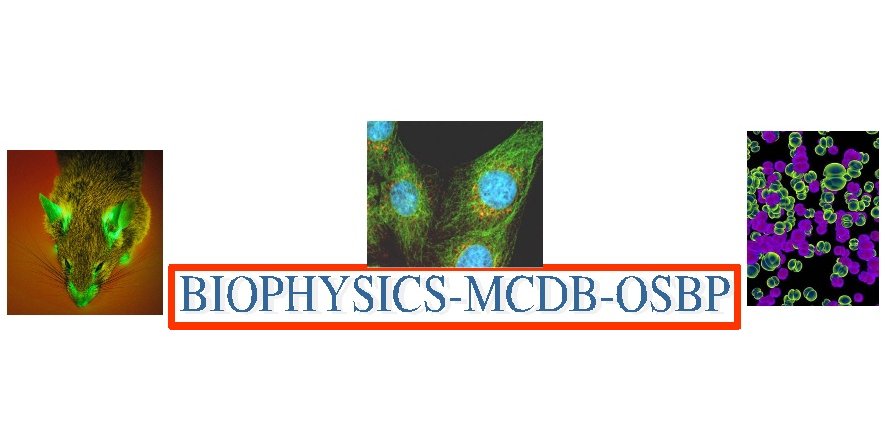Interdisciplinary Graduate Programs Symposium

2011 OSU Molecular Life Sciences
Interdisciplinary Graduate Programs Symposium

Poster abstracts
Abstract:
Triple negative breast cancer (TNBC) is a subset of breast cancer characterized by lack of the estrogen receptor (ER), progesterone receptor (PR) and HER2/neu, and overexpression of epidermal growth factor receptor (EGFR). TNBCs have poorer prognosis compared to other subtypes of breast cancer. Their overexpression of EGFR presents an opportunity for EGFR-based therapies for TNBC.
Upon EGF activation, EGFRs are endocytosed into cells, where their signaling potential is either destroyed by lysosomal degradation of the receptor or prolonged by receptor recycling to the plasma membrane. The fate of EGFRs is tightly regulated by proteins such as Cbl and Rab family GTPases.
Cisplatin is a platinum-based chemotherapeutic drug with wide usage in head-and- neck and ovarian cancers. Its mode of action is to bind DNA and form DNA adducts, which leads to programmed cell death. Cisplatin has no wide usage in the treatment of breast cancer.
Chauhan et al. (2003) reported that cisplatin resistance of cancer cells is associated with defects in EGFR endocytosis and degradative trafficking. This suggests that the induction of endocytosis increases cisplatin delivery into the cell. A very recent study by Ahsan et al. (2010) showed that EGF pretreatment increases the cytotoxicity of cisplatin in head-and-neck cancer cells
We hypothesize that activation of the degradative trafficking pathway for EGFR is essential for efficient cisplatin-mediated cytotoxicity. Using genetic tools to manipulate the Rab family and Cbl checkpoints of endocytosis, we seek to define the critical stage at which EGFR endocytosis facilitates cisplatin delivery. MDA-MB-231 and MDA-MB-468 cell lines, which represent EGFR-positive TNBCs in vitro, are the model systems for our study.
References:
1. Chauhan SS, Liang XJ, Su AW, Pai-Panandiker A, Shen DW, Hanover JA, Gottesman MM. Reduced endocytosis and altered lysosome function in cisplatin-resistant cell lines (2003) Br J Cancer 88(8):1327-34.
2. Ahsan A, Hiniker SM, Ramanand SG, Nyati S, Hegde A, Helman A, Menawat R, Bhojani MS, Lawrence TS, Nyati MK. Role of epidermal growth factor degradatiomn in cisplatin-induced cytotoxicity in head and neck cancer. (2010) Cancer Res 70(7):2862-9.
Keywords: EGFR endocytosis, cisplatin, triple negative breast cancer